What inspired you to become a Doula?
I think I have always been fascinated by & in awe of the power of the female body & the everyday miracle that pregnancy and birth is.
The birth of my daughter four years ago was a deeply transformational and spiritual experience; at home in water, I feel I was also birthed into a new world.
"It has been a beautifully natural journey so far & one that I feel grateful to be on."
I had been working as an Art Director & Creative Producer in the fashion industry for over ten years but after suffering with Postnatal Depression (PND) and finding little to no support I became interested in sound therapy and trained as a sound therapist on my maternity leave. I immediately started offering free 1:1 sessions to anyone suffering with PND & was asked several times in conversation if I worked as a doula before the penny dropped!

What is your favourite part of your work?
I guide mothers to prepare emotionally, physically and spiritually to cross the threshold from maiden to mother. Witnessing the contraction and expansion as a new life enters the world & the euphoria that follows as well as each birth’s divine uniqueness is an absolute gift. My support is intuitive, sensitive and compassionate; it is a great honour to forge these beautiful bonds & walk alongside women on their precious journeys into motherhood.
I also love that everyday is creatively unique. From the liminal sacred space of labour, to photographing my clients along their journey from pregnancy to motherhood. I am also creating a series of beautiful day retreats and women’s circles in London. They are a container to be deeply nourished & held, a feast for the senses, to connect, and to recharge - perfect for anyone who identifies as a mother.

What can we do to support other mothers in those early days?
The postpartum period is such a tender time where mothers are still so energetically open and therefore very sensitive and still needs time to physically heal. It's so vital that they feel held through the early weeks and months. Advice is often well intentioned but a non-judgemental ear can be the sweetest tonic for a new mama.
"Bring her nutritious food to her home, tell her how amazing she is & don’t stay too long - she will be tired. Hold her, not the baby."
Traditionally, women gathered, held space and supported each other through birth and postpartum, we did not journey alone. I find so often that all a new mama needs is reassurance, it can be hard to follow our mother's instinct with the abundance of contradicting information thrown at us.
What are the most important factors in creating the right environment for breastfeeding, should you wish to?
Ideally the mother is physically comfortable, in a chair that provides back and arm support, or, my favourite: cocooned in bed with plenty of pillows for support. If your baby has a preference for a long feed (the full tasting menu), make sure you have supplies to hand: nutritious snacks, a glass of water or herbal tea, a book or something to keep you entertained in case you need...and most importantly to be as calm and relaxed as possible.
"If you are having trouble relaxing before a feed, try breathing in through your nose for four seconds and out for eight."
Having a longer exhale causes the vagus nerve to send a signal to your brain, activating the parasympathetic nervous system and in turn helping you feel calm and relaxed.
Also, getting to know your baby's hunger cues can be invaluable, so that you can feed them before they become upset and irritable, and therefore in a calm state to latch.

You have been feeding your daughter Etta now for 4 years. Tell us a bit about your own breastfeeding journey?
"Intuitively we knew something was not right but it took a frustratingly long time to get a diagnosis."

For months I expressed day and night to keep my supply, (IYKYK) whilst eliminating any dairy products from my diet. It was emotionally and physically an incredibly hard period to navigate. Etta was around four or five months old when she finally accepted the boob again, after rejecting it for the ease of the bottle that she had gotten used to. I'm so glad that I persevered with what I felt was the right journey for us, we haven't looked back since.
Everyone's journey is unique and we must support mothers with the decisions and paths they choose. I feel it is important to note that my determination was driven by my pure desire to breastfeed, not by any external or societal pressure to do so. For me, breastfeeding has been a maternal superpower that has brought me and my daughter joy in abundance. The power to give and sustain life, the capacity to calm her in any circumstance, to comfort her day and night and to bond so deeply eye to eye each day - I feel proud to have persevered through the many challenges we have faced along the way. I know it is not always possible to get back on track after a difficult start but I hope that my story offers some hope to anyone navigating a difficult feeding journey.
How do you now make breastfeeding work for you both?

Do you have any advice for people if they are struggling to feed?
If you are struggling please don’t be embarrassed to ask for help. Breastfeeding journeys can be complex and however natural breastfeeding may be, it does not always come naturally or without challenges for many.
"Navigating difficulties requires self-compassion, as breastfeeding can cause a huge physical & mental strain."
I would encourage anyone struggling to seek support in whichever form they find most accessible and comfortable. This may be from a sister, neighbour, family member, but ideally from an expert. There are many community infant drop-in support groups you can attend around the UK - a quick google will help you locate one local to you. Ask your obstetrician, paediatrician, or midwife for the name of a lactation consultant who can help you. Or find a certified Lactation Counsellor or Certified Breastfeeding Educator (IBCLC) in your area. I also love the instagram account @olivia_lactation_consultant.
You can find out more about Imogen's work as a Doula on her website www.mothers-palm.com or follow her on Instagram @imogenlove
Some more useful links shared by Imogen below:
National Breastfeeding Helpline on 0300 100 0212

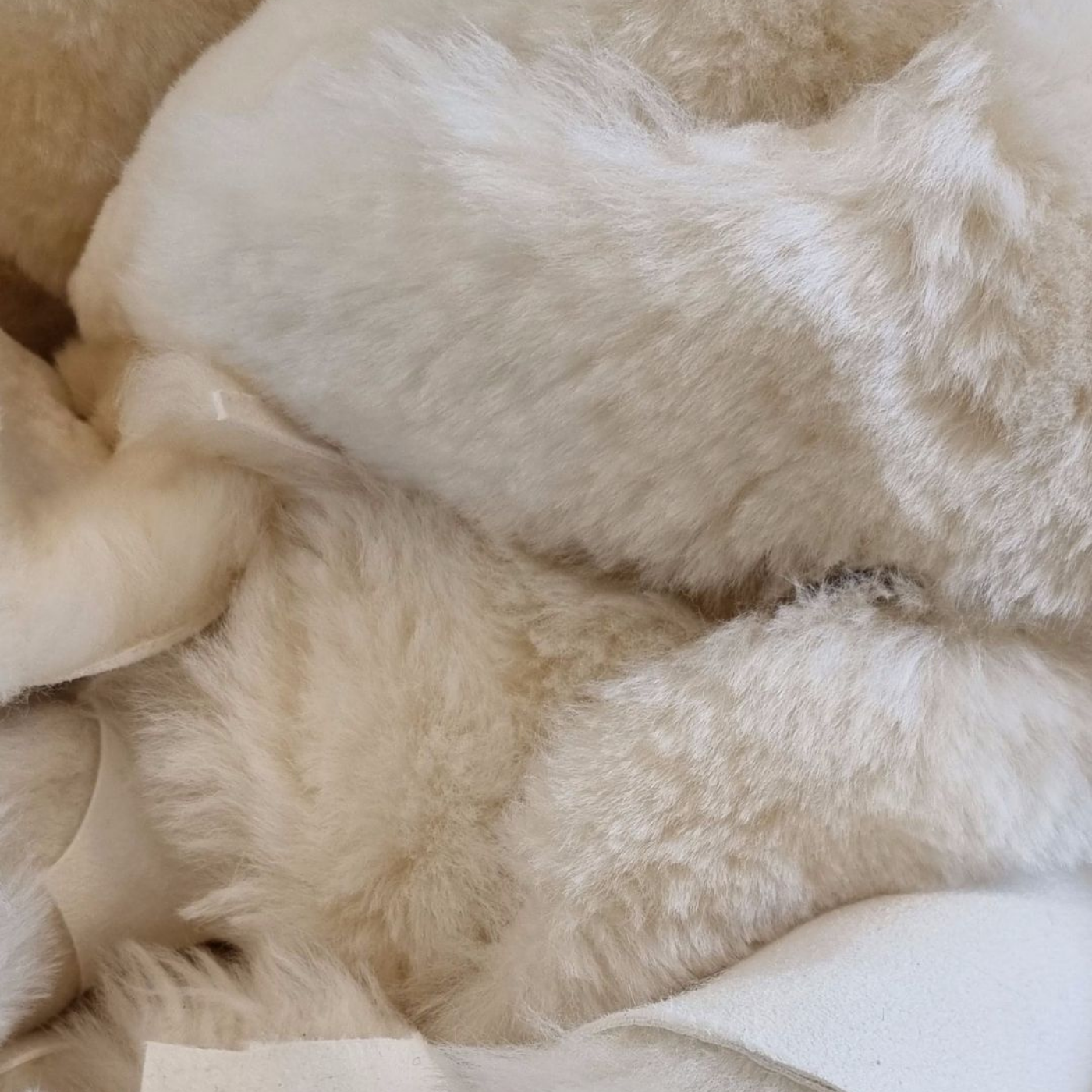
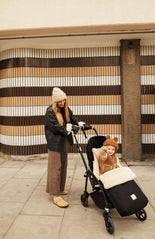

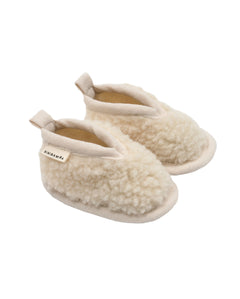
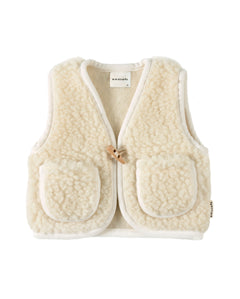
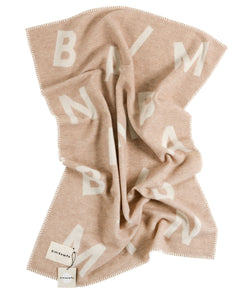


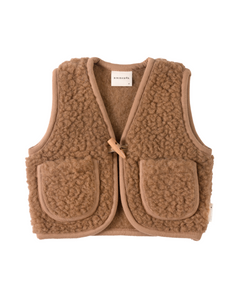

Leave a comment